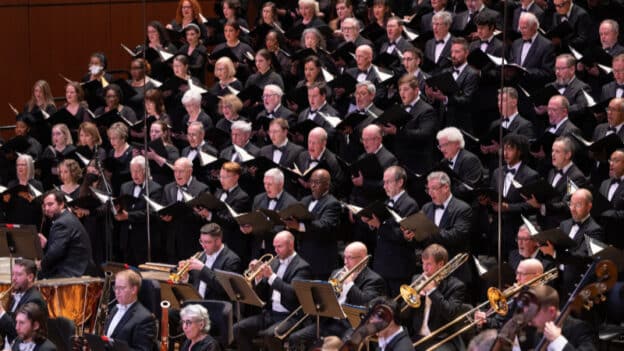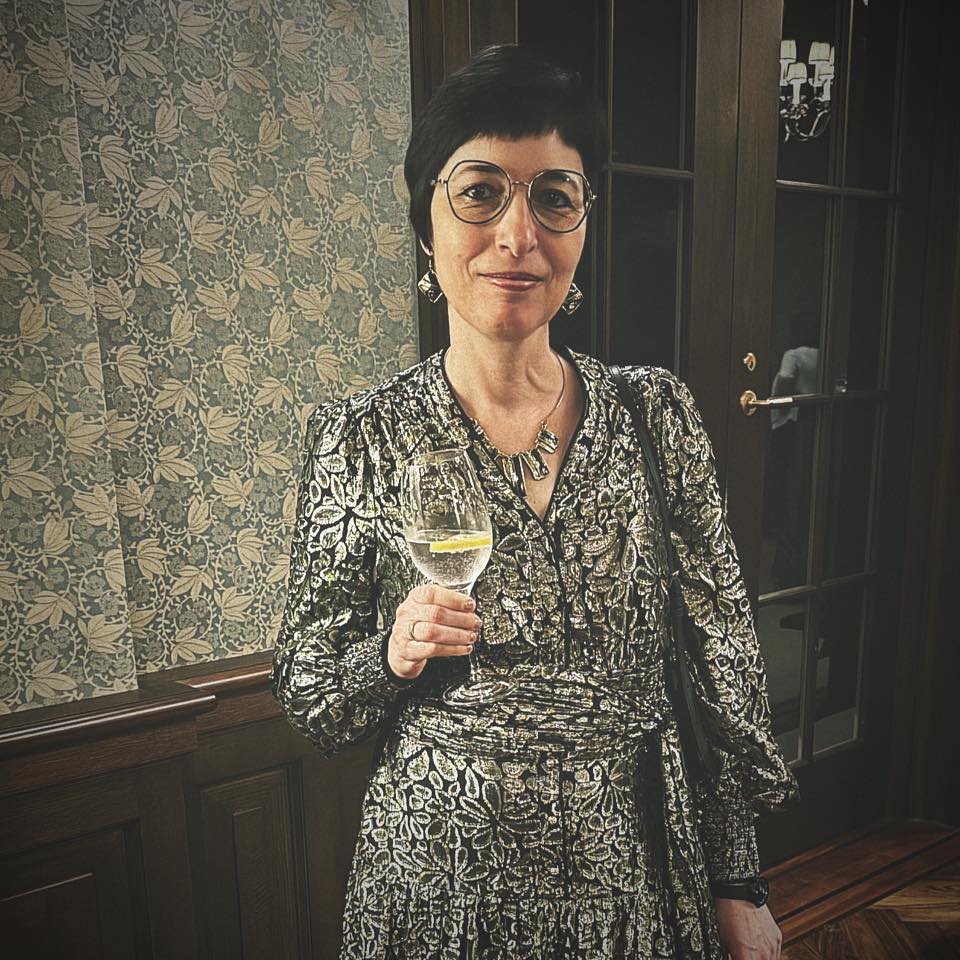Opera tonight- double Janacek from Brno
OperaCan the darkest moments of life also lift our souls? Drawing on his own experience in a Siberian prison in the company of misfits, murderers and thieves, Dostoevsky was inspired to write his novel Notes from a Dead House, telling his brother at the time: ‘Believe me, there were among them deep, strong, beautiful natures, and it often gave me great joy to find gold under a rough exterior.’
In Janáček’s hands, Dostoevsky’s inspiration and the raw material drawn from an appalling world of incarceration find an even more powerful form of expression in his last opera, From the House of the Dead which is streamed on Slippedisc courtesy of OperaVision. Unfettered by conventional story-telling, Janáček wrote his own libretto, freely weaving together a series of stories of everyday prison life and of the fates of individual convicts. The cast is exclusively male and made up of a collective, rather than of interacting soloists; a chorus opera from which individual speakers step out to tell their tales. The longest monologue of all, Šiškov’s, told in the quietness of the prison hospital at night, is emblematic of the whole opera: a harrowing tale constructed around a transcendentally gentle theme, just as Janáček’s own compassion threads through and transforms his grimmest and yet most uplifting opera. Despite an oppressive finale, Janáček wrote at the beginning of the score, ‘In every creature a spark of God!’ And this is this spark that inspired the National Theatre in the composer’s home city of Brno, to connect Janáček’s last opera with an equally distinctive work, his Glagolitic Mass. Janáček said of his Mass : ‘I wanted to capture here faith in the security of the nation not on a religious basis, but on a moral, strong one, which takes God as a witness.’ This live stream from the heart of Janáček country – offering a staged version of the Glagolitic Mass as a continuation of From the House of the Dead in a new critical edition by Professor John Tyrrell – should bear new testimony to the power of faith in man and to the genius of their local composer.
The opera is conducted by Jakub Hrůša and directed by Jiří Heřman.
Available from 6 November 1900 CET/ 1800 London/ 1300 New York






I recall this site being opposed to the Glagolitic Mass staging less than a month ago.
Live, it actually worked rather well, linked by the silent christ figure. For me, breaking HoD with an interval after Act 2, and that from the balcony the action in front of the orchestra was not visible were the main negatives.
Looking forward to the recorded version so I can see the bits I missed.
This’d be the production you so recently poured scorn on, would it? Glenda Slagg, eat your heart out!
Can’t wait to make time to watch this. “FtHotD” may not be everybody’s idea of a great opera, but I think it’s a truly major work.
I don’t understand. Why was the sound of chains rattling removed from the Prelude? . . . were they not put there by Janacek to begin with?
Probably not. Janáček died before he was able to complete the score of House of the Dead and various people tinkered with it to make it performable. This production is an edition prepared by the great (and very much missed) Janáček scholar Professor John Tyrrell, whose aim was to get as close as possibly to what Janáček actually wrote.
Thank you for the clarification. It wouldn’t bother me in the least if a conductor chose to put those rhythmic chains back in.
After re-reading the last paragraph written above, my understanding of that paragraph is that the “Glagolitic” Mass is work that received the ‘critical edition’ treatment (?). Perhaps it’s just grammatically awkward.
Yes, it’s just grammatically awkward. Professor Tyrrell was a friend of mine, and House of the Dead was the last big Janáček project that he worked on before he died in 2018.
Absolutely wonderful!